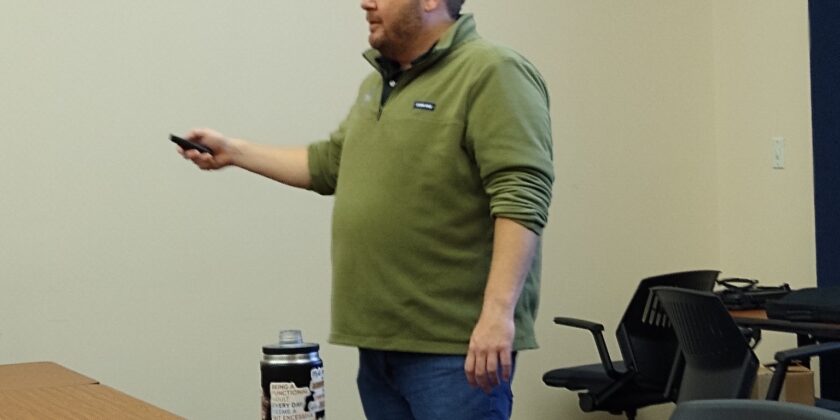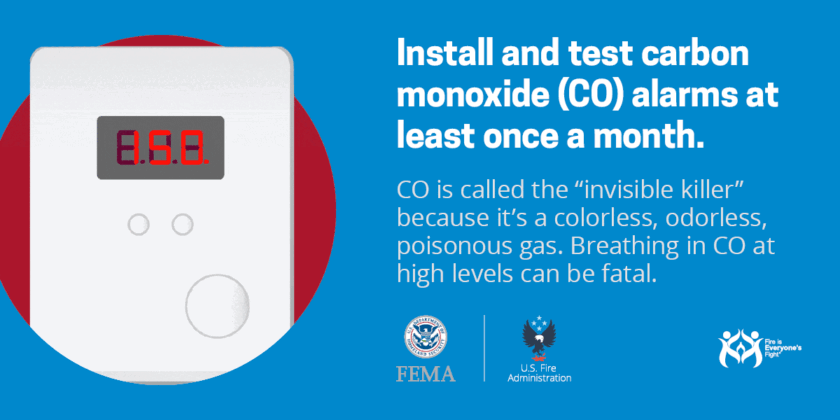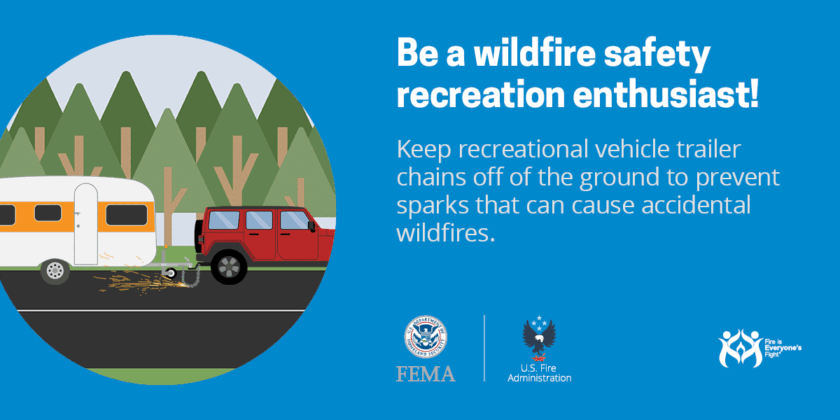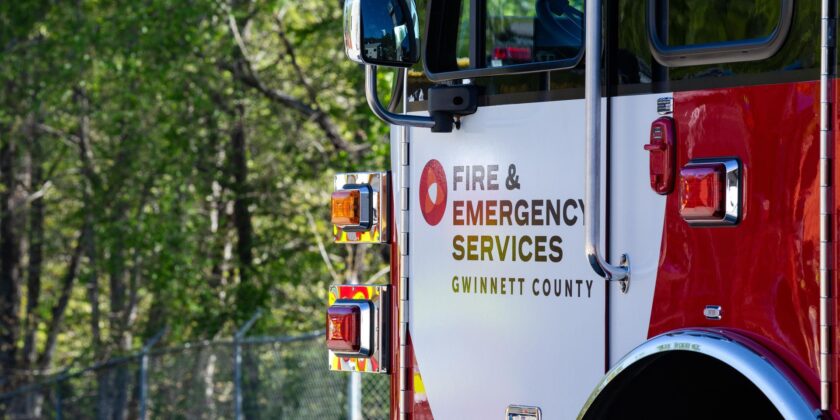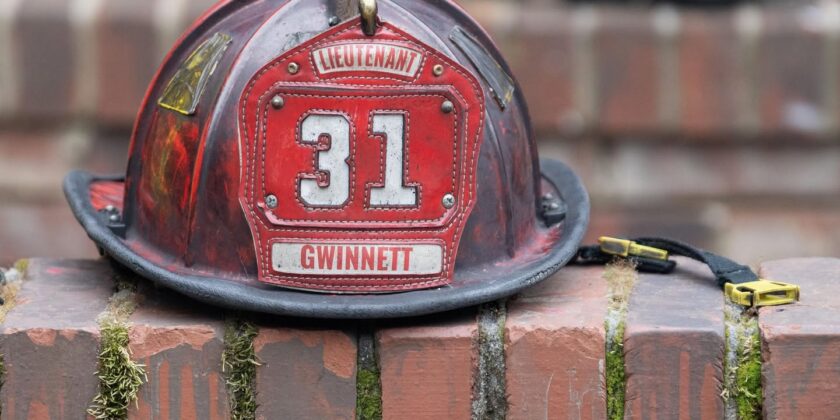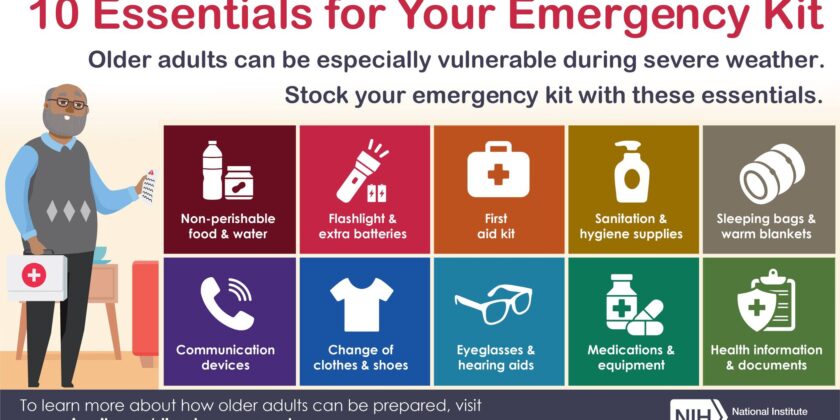Honoring Gwinnett CFA Class #20
Walking Down Memory Lane – Honoring Gwinnett CFA Class #20! Let’s take a moment to celebrate and remember the incredible graduates of Class #20, who completed the Gwinnett Citizens Fire Academy on November 18, 2014! Your dedication, passion, and commitment to fire safety and community service continue to inspire us all. Check out these throwback photos and relive the memories! If you see yourself or a friend, tag them and share your favorite moments from Class #20. Thank you, Class #20, for being a valued part of the CFA family and for making a difference in our community! #GwinnettCFA #Class20…




